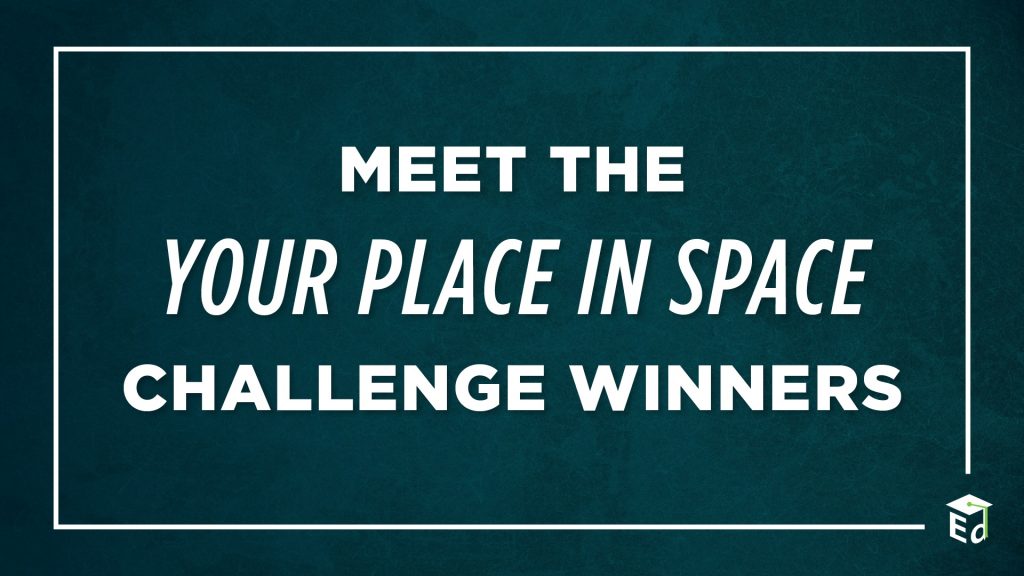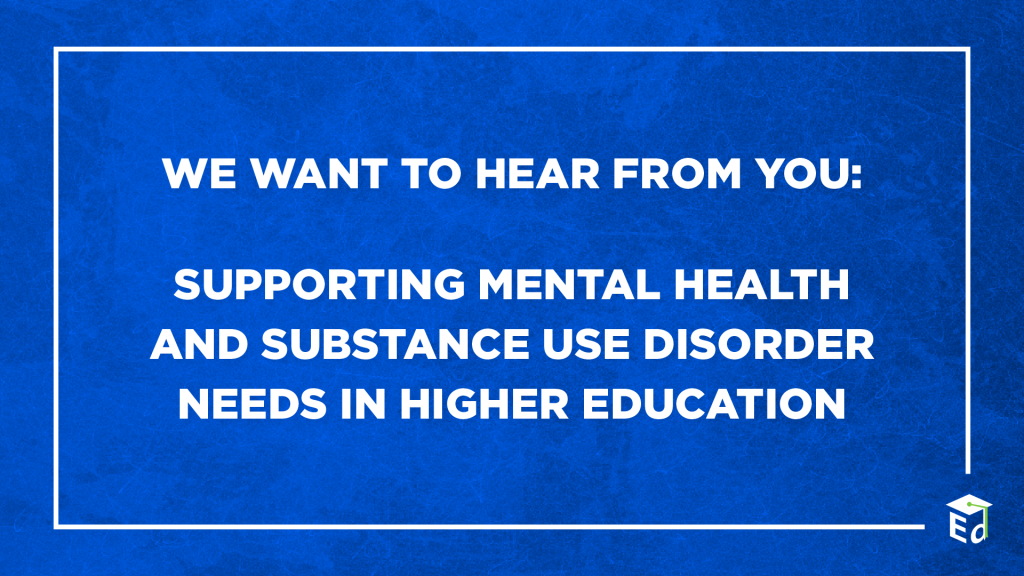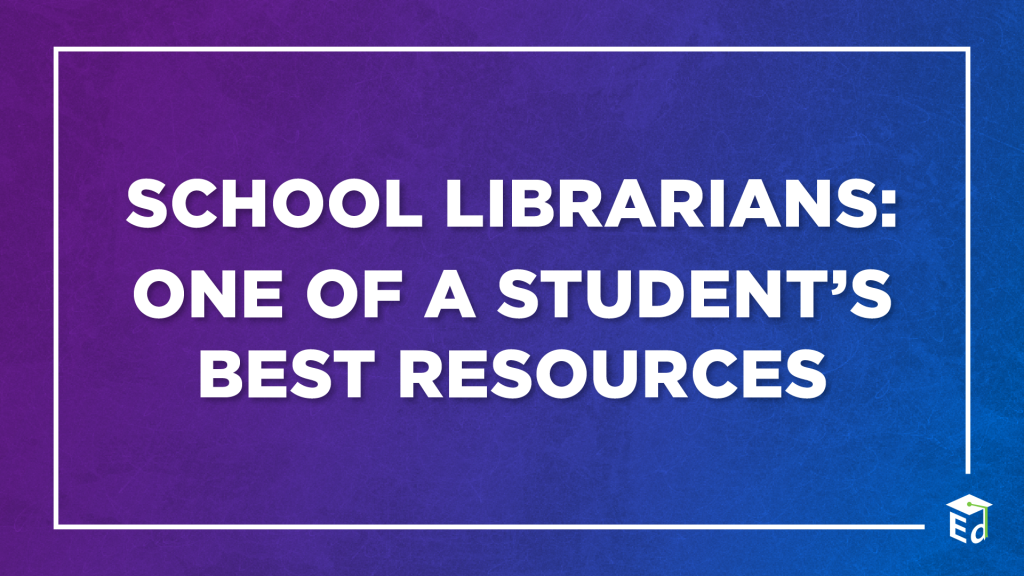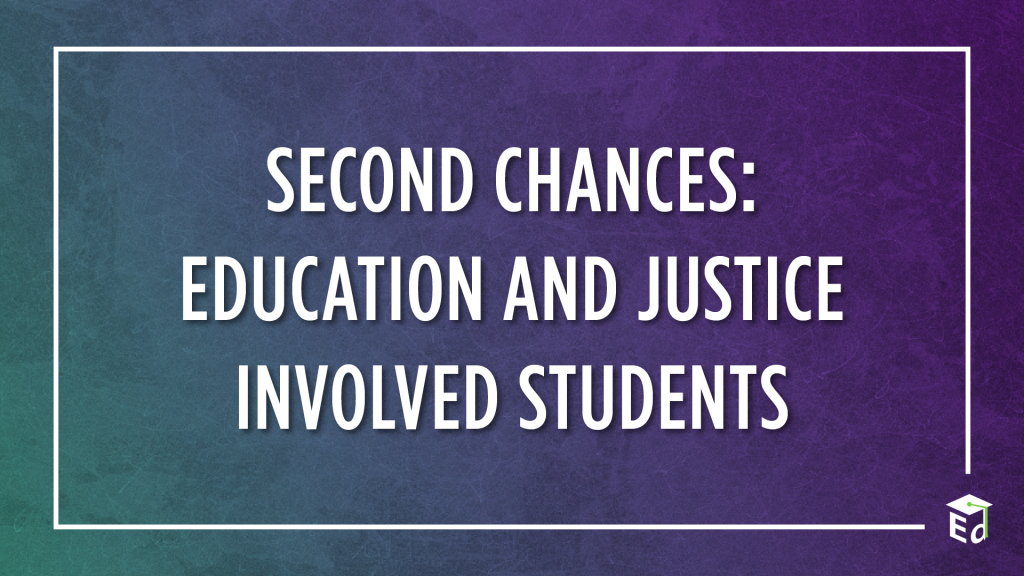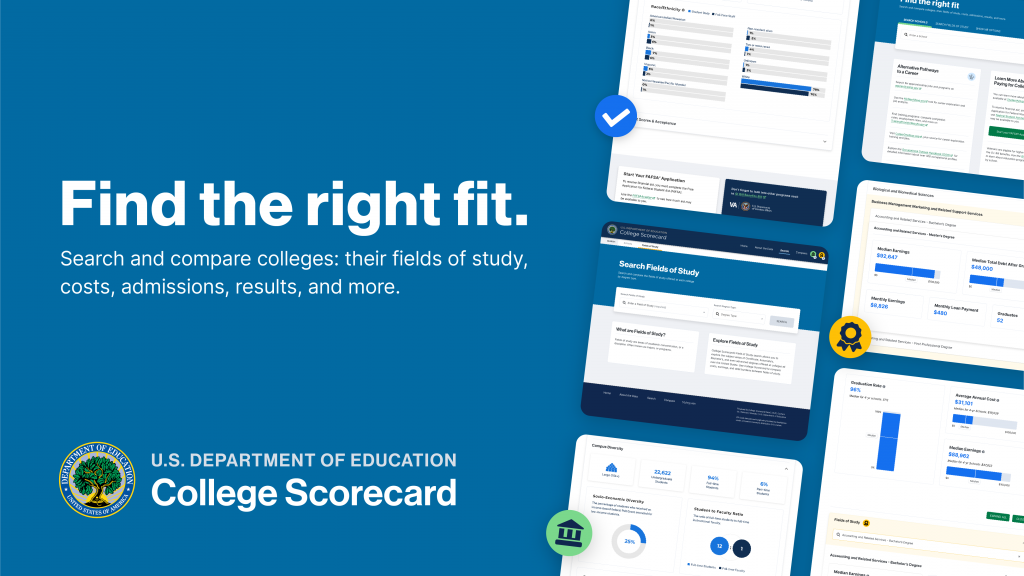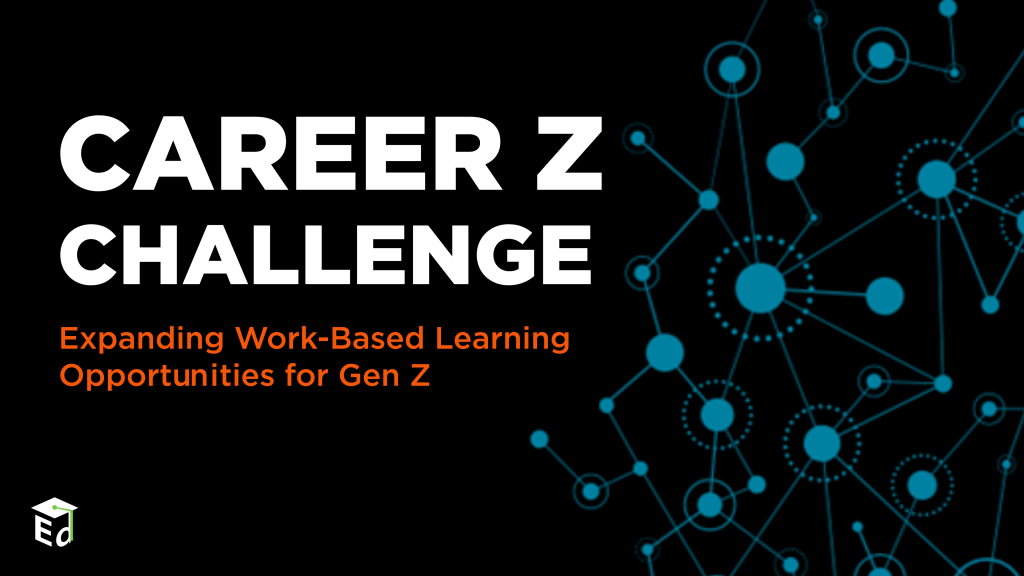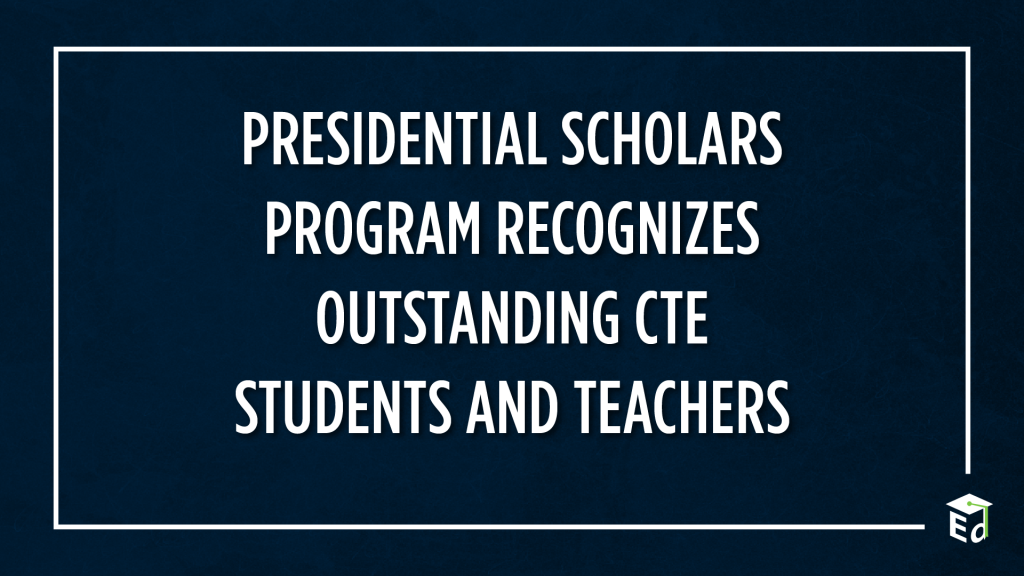As a college student in the early 2000s, I was fortunate to have an academic advisor to guide me as I pursued learning opportunities, faced challenges, and explored career goals.
Now, as a researcher of academic advising and former post-secondary advisor, I’m sharing my experience to shed light on what advisors do, help students connect with their advisors – and maybe even inspire some future academic advisors!
What is an academic advisor?
Academic advisors fill many roles, but primarily provide guidance, care, and support to students as they navigate their academic journey – from setting & achieving educational, career, and life goals, to ensuring a meaningful learning experience.
I came to see academic advisors as symbols of empowerment who could positively influence the life trajectories of advisees and assist them in their own journeys of self-discovery.
What can an academic advisor do?
Originally, I thought academic advisors mainly assisted students with understanding degree requirements and selecting classes. Today, academic advisors perform many essential responsibilities to serve their advisees (Bermea et al., 2023) like:
- Recruitment and Registration: Support registration for new and current students while recruiting prospective students.
- Teaching and Learning: Use reflective pedagogies to teach students strategies for academic, personal, and career success.
- Coaching and Development: Support advisees’ academic coaching & career development, including goal setting and planning.
- Intervention and Support: Monitor students’ progression towards graduation and educational goals, with outreach and intervention to keep them on track.
- Wellness and Well-Being: Help students navigate unexpected challenges and connect them with institutional resources & supports.
What are the benefits of being an academic advisor?
I find my advising work to be incredibly rewarding, with benefits like:
- Personal Fulfillment: From helping them overcome challenges, to seeing them succeed academically and achieve their goals, it’s deeply fulfilling work.
- Building Relationships: My work allows me to build meaningful connections with students, understanding their individual needs, aspirations, and challenges.
- Positive Impact on Campus Culture: Firsthand, I see how effective advising creates a positive culture for students, faculty, staff, and the broader campus community. When students succeed, we all succeed!
How do I prepare to become an academic advisor?
My advisees often ask me how to become an academic advisor – no surprise given that, according to the Bureau of Labor Statistics (2023), the demand for advisors is expected to increase over the next decade. Reflecting on my experience, here are a few suggestions:
- Develop Your Interpersonal Competencies: Focus on improving communication, active listening, cultural humility, and empathy skills to connect with students and provide meaningful and culturally congruent guidance.
- Gain Practical Experience: Becoming a peer advisor or mentor allows you to gain hands-on experience advising fellow students & addressing unique challenges.
- Study Academic Advising: Earning a certificate or degree provides a foundation in the theories, principles, and approaches of advising.
- Get Involved in the Profession: Academic advising conferences, workshops, and seminars are great opportunities to network with professionals & learn about best practices.
The guidance I received over 20 years ago not only helped my personal growth but sparked a genuine interest in the profession of academic advising & shaped the trajectory of my career and purpose. My journey – from advisee to advisor – is a testament to the transformative power of advisors and the power of helping others navigate their paths in school & beyond.
Biography
Gabriel Bermea is a Visiting Scholar at The Rutgers Center for Minority Serving Institutions (CMSI), where he conducts research on academic advising practices and student success within and across Minority Serving Institutions.




